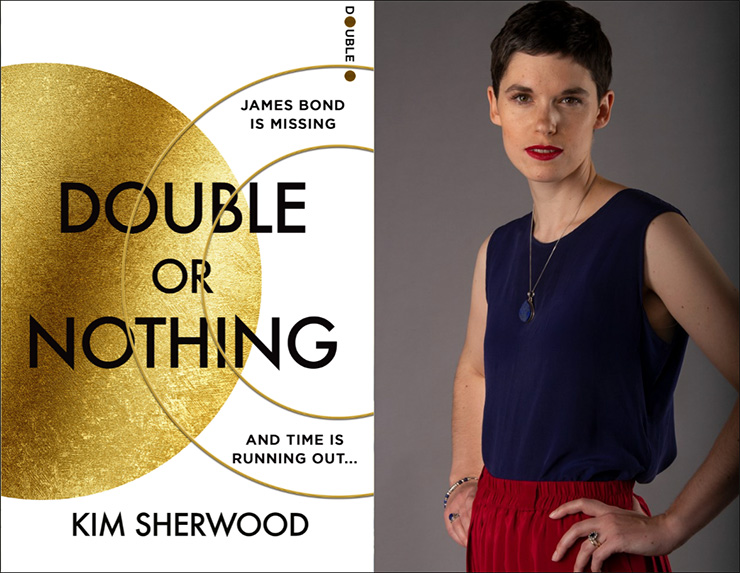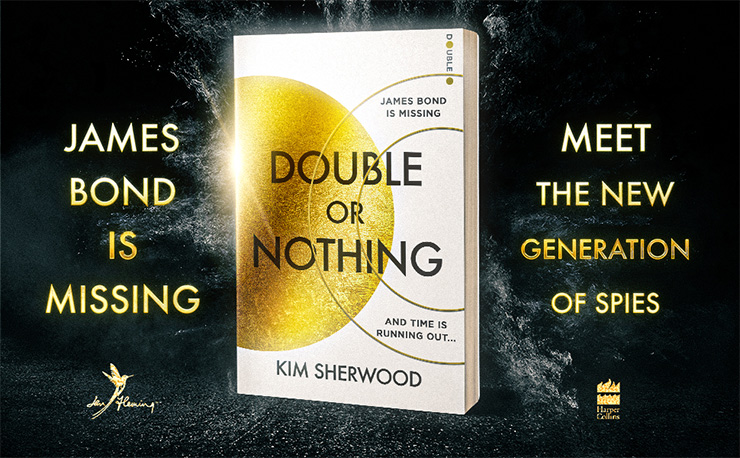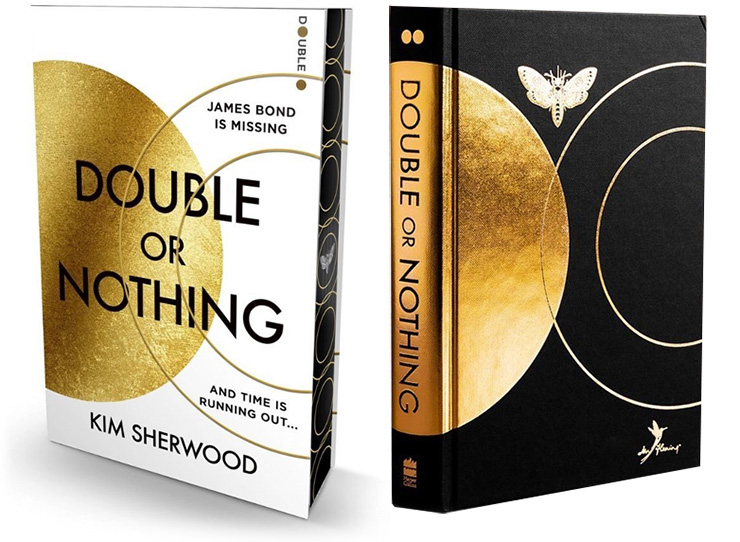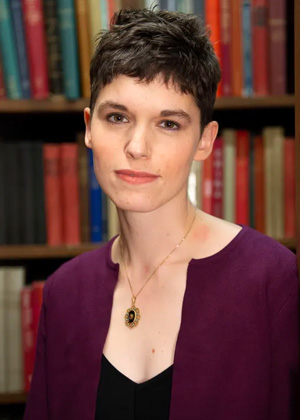 |
|
If the future of the 007 franchise is to
kill James Bond, congratulations IFP, you have finally succeeded!
There’s a very good reason you may never
have heard of 1983’s Curse of The Pink Panther. Granted, the film
was abysmally bad but even bad sequels have a built-in audience willing to
embrace them for the sake of that disease called ‘completism’. The real
reason for that film having pretty much dropped from the radar is that
they had the ‘brilliant idea’ of making a
Pink Panther movie without Inspector Clouseau. Need I go any further?
Which brings me to the latest desperate attempt from the people at Ian
Fleming Publications to resurrect a franchise where there’s never been
one. Let’s be honest here, the last time a ‘normal’ person purchased a new
James Bond novel was back when
John Gardner started
writing them in the 1980s. I still run into the odd used copy at book
sales, and I don’t even live in an English-speaking country! Efforts by
other writers I’ve only come across because I happen to be a Bond fan, but
I’ve never actually bumped into a continuation novel because, sadly,
nobody is really asking for them. |
 |
|
The oddest thing happened
while reading this book: I got as far as the 2/3 mark by sheer momentum,
reading non-stop in the garden on a lazy Sunday afternoon, but when I
resumed the following day (it is a long volume, otherwise I could’ve read
it in a single day), I suddenly realised that the plot didn’t make any
sense and that I couldn’t care less about any of its protagonists. Kim
Sherwood states in the book’s acknowledgements that it had been the dream
of a lifetime to write a Bond novel - and I can only wonder why. Surely,
the book is littered with gratuitous references to Fleming’s stories, as
well as anachronisms - she keeps mentioning that Bond stayed past the
mandatory age of retirement, 45, but it’s impossible to believe that an
agent who was active during the height of the Cold War can be less than
90! Why not simply make Bond younger? But it all amounts to little more
than lip service. She evidently does not understand (or even like) the
world of espionage. For instance: one of the protagonists, Dryden,
infiltrates the villain’s organisation as a mercenary and as such travels
to some former Soviet republic (don’t ask me to reread the book, once was
enough!), where he immediately becomes targeted for being black and openly
gay. |
 |
|
In real life,
intelligence agencies do not send black operatives to such places because
the whole point of being a secret agent is to remain more or less
unnoticed - and if they did, said agents would be professional enough not
to draw attention to themselves by parading foreign attitudes that are
frowned upon - but in Ms Sherwood’s PC fantasy world it is more important
to pray the message of inclusivity than to provide the text with a modicum
of believability. She goes even further by making the character
handicapped. It is laughable and, sadly, not isolated. Not a single
chapter goes by without the author giving us another edifying message
about diversity. If you believe the narrative, there’s no white people
left in the UK - certainly not in the intelligence world and armed forces.
Other than the classic characters of Moneypenny and Tanner (who gets the
ultimate disrespect in a twist that must be read to be believed), MI6 is
populated by minorities who resent the country in which they live. Funnily
enough, the Blu-ray edition of Matthew Vaughan’s The King’s Man
(2021) includes a rather touching extra feature about the institutions
that support down-on-their-luck army veterans. I didn’t spot a single
minority member among those who devote their lives to serve their country.
As is typical with liberals, Sherwood’s world is more London than Britain,
more US than UK, to the point that even her lexicon is Americanized in the
UK edition of the book (‘buddy’ instead of ‘mate’ etc.). |
|
Structurally, the
book does not show any signs of judicious editing. It’s long for
length’s sake and jumps between three different stories without much
concern about whether the reader will remember what happened to the
other protagonists three chapters back. As written by a liberal,
there’s zero sense of cynicism. The whole thing is dead serious in
condemning corporate greed as the only evil in the world. The author
exhibits an utter ignorance of how the espionage world operates, and
the most she can come up with is the obligatory mole within the
Service, a concept which is okay if you’re setting your novel during
the 1960s - like
The Moneypenny Diaries, which proves a woman
can write a James Bond novel - she only needs to have some
talent.
This brings us to the
sad realisation that it’s too late in the game to insist on reviving
Bond as a literary character. If authors have no clue of what this
world is about, who are they writing it for? Sherwood mentioned in an
interview that she became a Bond fan after watching
GoldenEye. Well, after
the PC atrocities we’ve endured in the last three films starring Mr.
Craig, I look back fonder than ever on the good ole days of Pierce as
Bond. Kim Sherwood may have become a fan back in 1995 but that doesn’t
make her a suitable writer. This tripe supposedly took three years to
write, and in three years from now, it’ll be just another forgotten
volume gathering dust in a Bond completist’s collection, never to be
read again. |
 |
|
|
Donovan Mayne-Nicholls
was born in 1971. He graduated as a bachelor in English language from the
Pontifical Catholic University, Chile, with a thesis analysing the short
stories of Ian Fleming. He occasionally writes about movies for local
online publications. |


